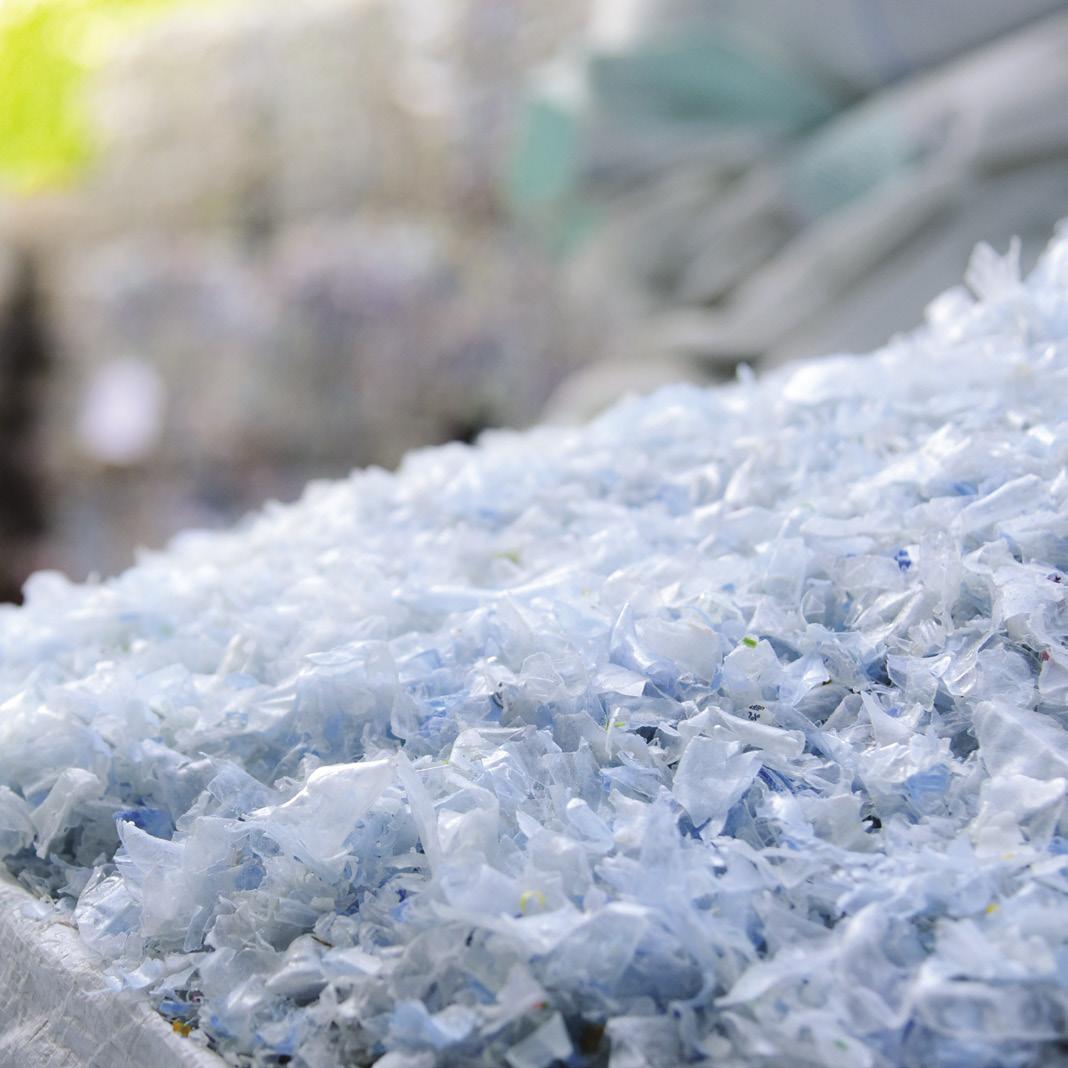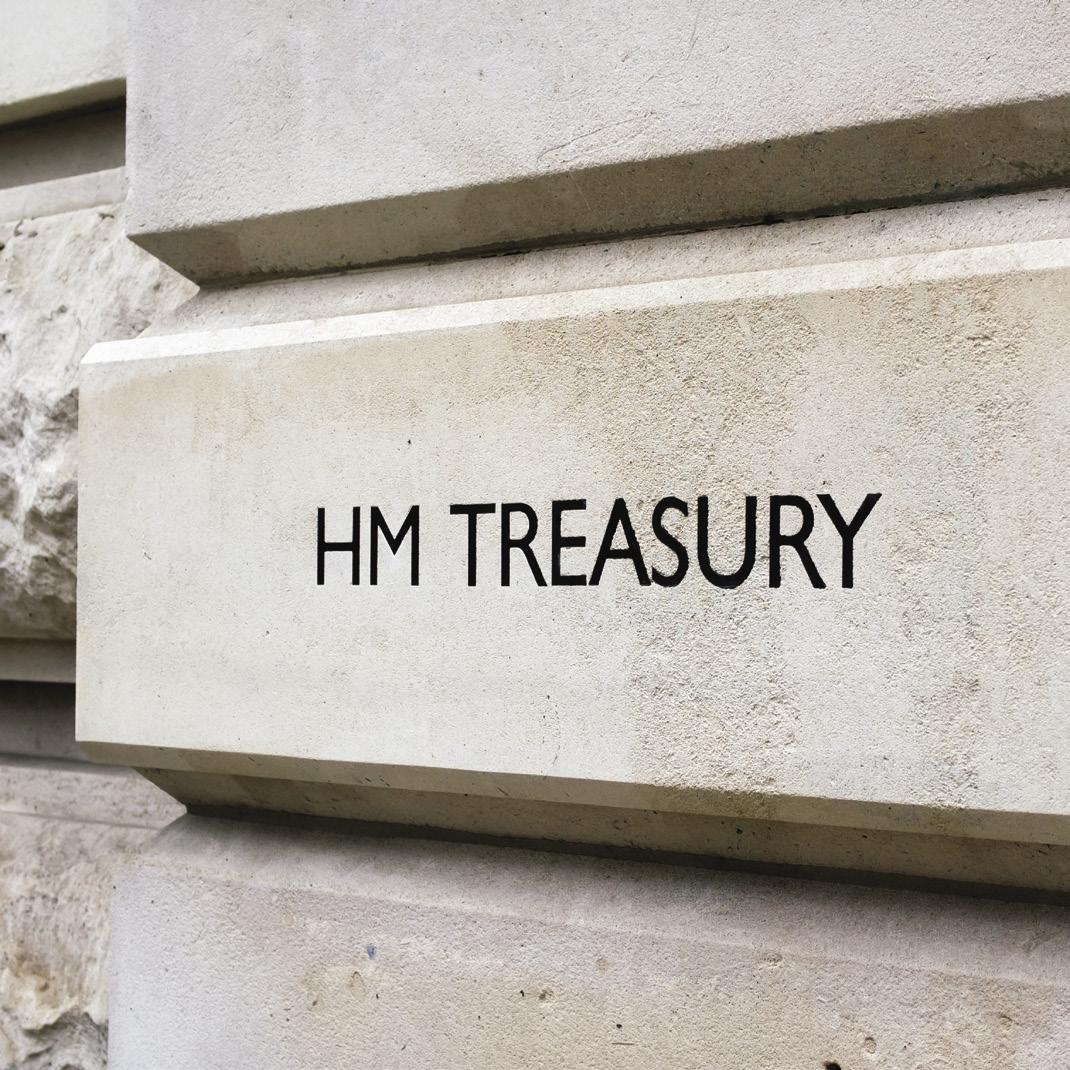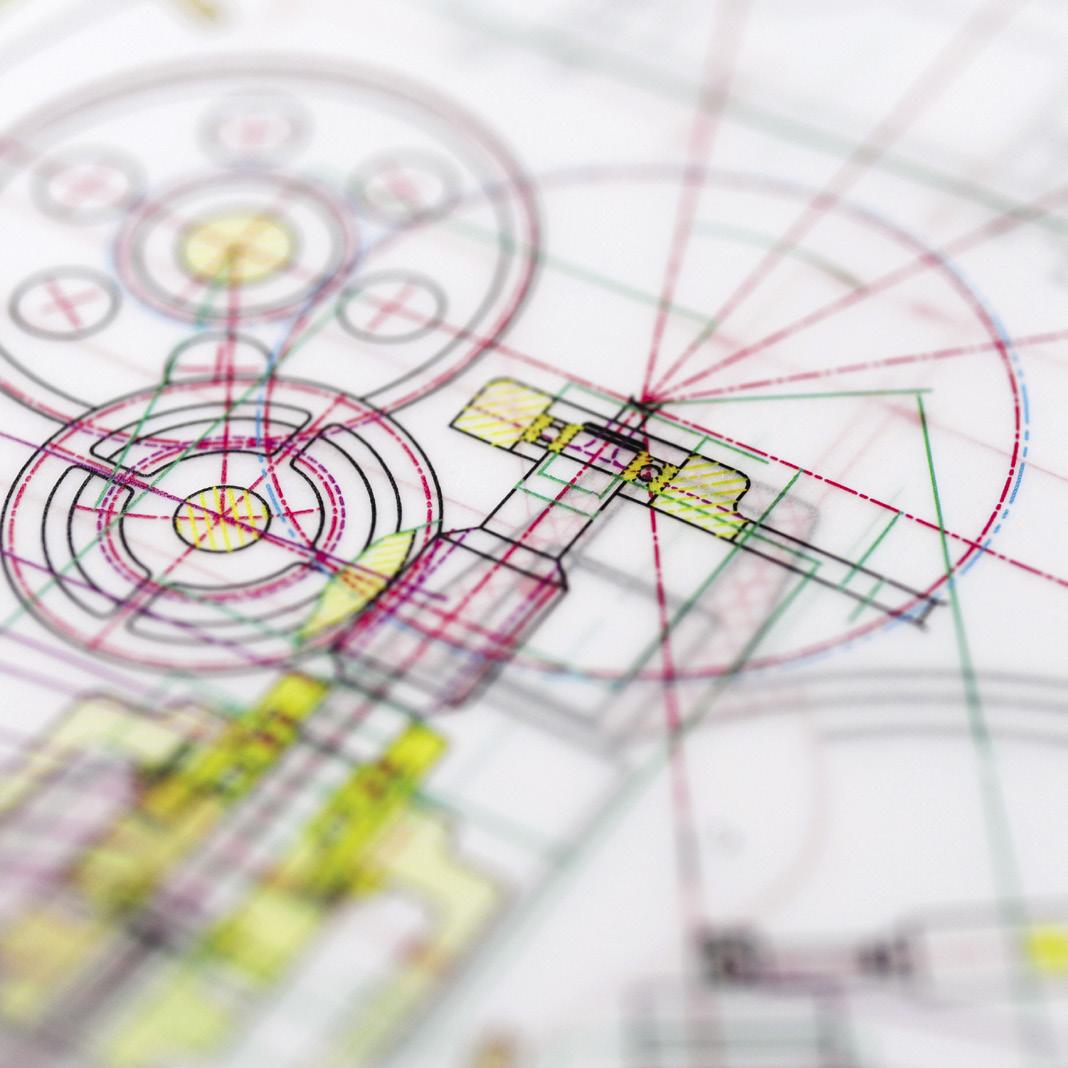
1 minute read
Conclusion
from Fixing the system
Unsustainable resource use, high consumption levels and a ‘throwaway’ society have become entrenched in the UK over decades. The toll on the environment was reflected in the joint climate and environment emergency declared by the UK parliament in May 2019.
Advertisement
The public is increasingly demanding solutions. Concerns include the wider issue of climate change as well as the specific issue of plastic pollution. This heightened public awareness provides policy makers with a unique mandate to change the direction of travel and reduce the environmental burden of our resource use.
This requires fundamental system change to decrease the emissions, health impacts and degradation of the natural environment caused when resources are extracted, processed, transported and used. It means avoiding materials becoming discarded waste wherever possible and repurposing them for continual use in a truly circular economy.
Above all, as we have shown, we must learn the lessons of the past and avoid simply replacing our current environmental problems with different harms down the line. Rather than piecemeal substitution, that requires an overarching focus on reduction: reduction in the overall levels of material use, in lifecycle impacts and in the damage that different materials can cause.
This year, 2020, has been hailed a ‘super year’ for the environment, providing plenty of opportunities for the UK to make significant progress in its efforts to tackle climate change and improve outcomes for the natural environment. This chance for a step change in the way we manage resources should not be missed.








